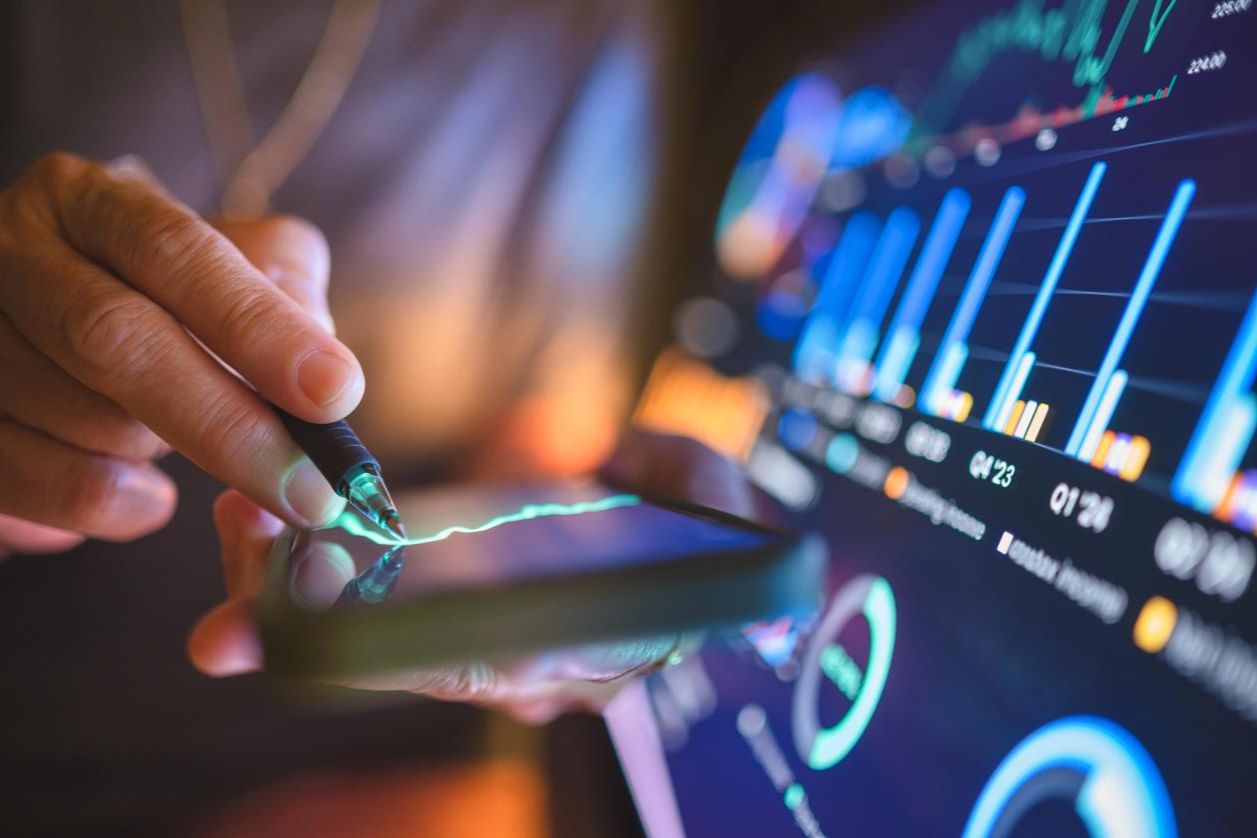Korea’s private equity industry is coming under heightened scrutiny amid growing public and political backlash, with firms increasingly cast as corporate raiders following a series of high-profile incidents, industry officials said Thursday.
MBK Partners, one of Asia’s largest private equity firms, has come under fire this year for the financial collapse of retail chain Homeplus, which filed for court receivership.
Critics say MBK worsened Homeplus’ financial troubles by selling off profitable stores and real estate to repay debts and recoup investments. Its decision to sell short-term debts just before filing for court receivership was also criticized for distressing investors.
Another notable controversy involves Bang Si-hyuk, the founder of HYBE, who is under police investigation. Ahead of the company’s initial public offering in 2020, Bang reportedly signed secret profit-sharing agreements with private equity funds, generating sizable profits.
The backlash has been particularly fierce, shaped by years of accumulated distrust rooted in Korea’s history with foreign private equity firms like Lone Star. These firms acquired major corporate assets during restructuring after the Asian financial crisis in the late 1990s, reaped substantial gains and then exited the Korean market.
That long-standing mistrust is now translating into political momentum. In the past five months, lawmakers have introduced 21 bills aimed at tightening oversight of the private equity industry.
The regulatory chill is beginning to ripple through limited partners as well. Some are scaling back commitments, while others are tightening conditions on the funds they back, according to industry officials.
The latest move came from the National Pension Service (NPS). Amid the growing controversy, NPS halted new private equity fund commitments this year — the first such pause in a decade. The pension giant also tightened its investment standards, including refraining from backing hostile mergers and acquisitions deals, with further restrictions likely.
Should NPS continue to toughen its stance, other domestic public pension funds and mutual aid associations are expected to follow suit, raising the bar for future private equity fundraising.
“The core problem is perception. When market participants view private equity through a biased lens, transactions stall and deal flow dries up,” said an official from the sector.
He also expressed concerns that pending regulation could hit domestic firms harder, just as global players are expanding their presence in Korean assets.
“Global players have more flexibility. These rules could put local firms at a competitive disadvantage,” he said.
While domestic investors pull back, foreign pension and sovereign wealth funds are ramping up their private equity exposure. As of 2024, United Arab Emirates soverign wealth fund Mubadala allocated 40 percent of its portfolio to private equity, Canada Pension Plan Investment Board 30 percent and Singapore’s GIC soverign wealth fund 20 percent. NPS, by contrast, allocated just 8 percent, according to Bain & Company.
In a bid to regain public trust, the industry is pledging reform.
Park Byung-gun, CEO of Daishin Private Equity and newly appointed head of the Korea Private Equity Fund Council, said the sector must reposition itself as a force for responsible investment.
“Although Korea’s private equity industry has become a key driver of economic growth over the past two decades, we acknowledge that certain practices have eroded public trust,” Park said. “To promote socially responsible investment, we will launch a dedicated committee within the association as soon as possible.”
